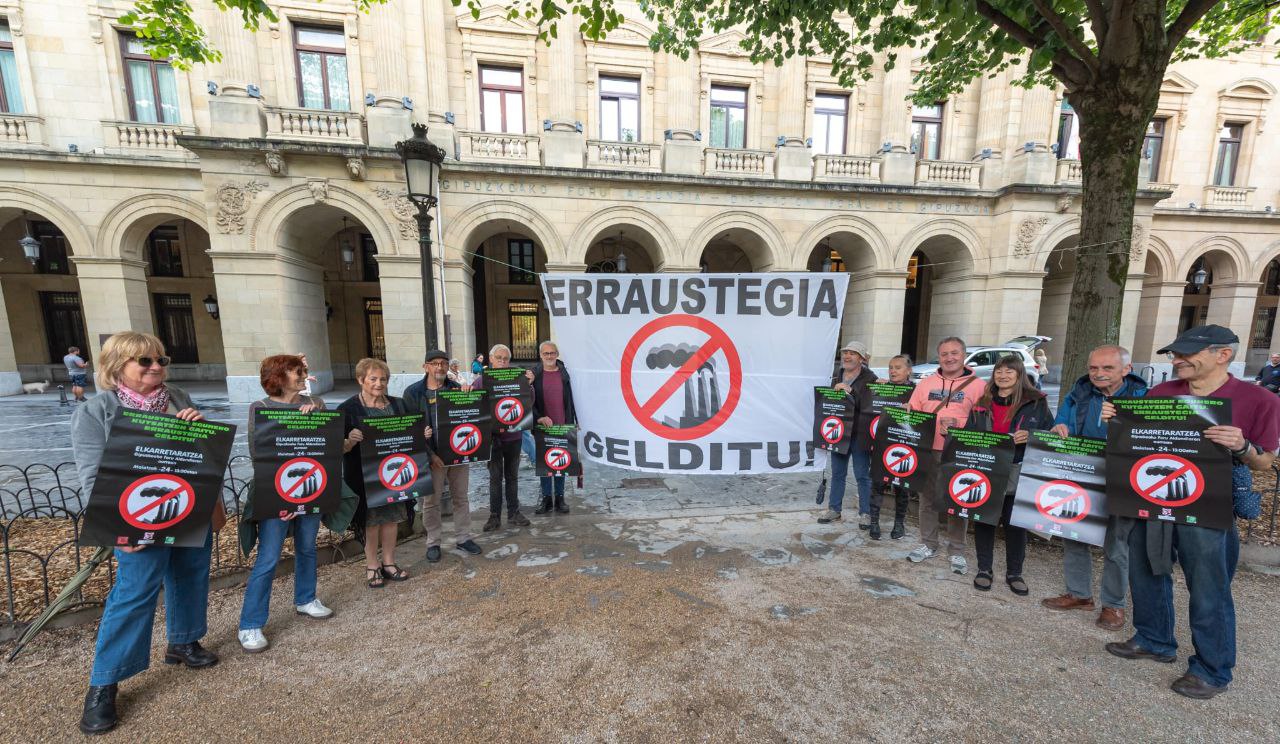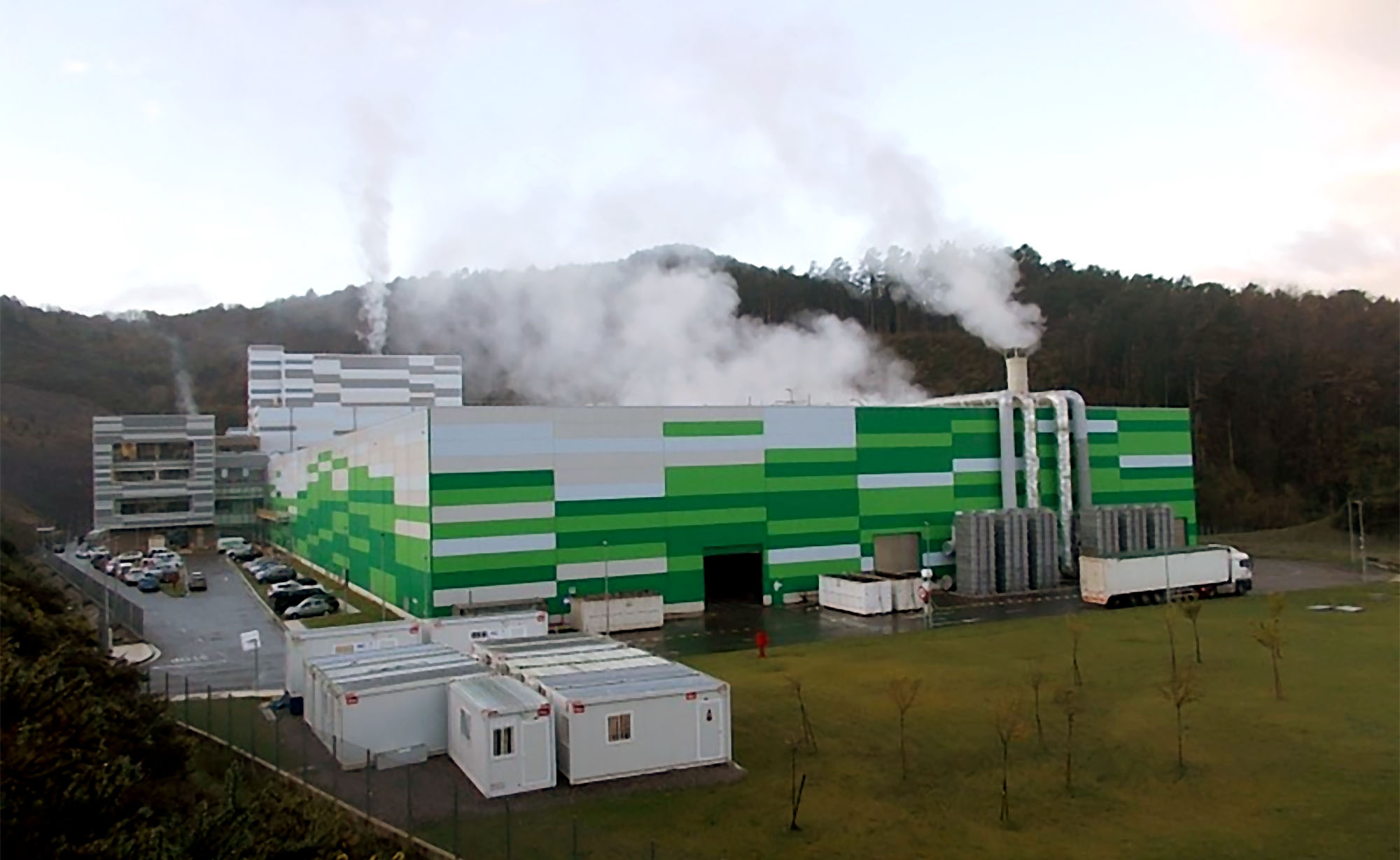The Supreme Court of the Basque Country rejects the appeal of GuraSOS
- The Supreme Court of the Basque Country has rejected the appeal filed by Padres against the adjudication of the Zubieta incinerator. The authorities of the Provincial Council of Gipuzkoa expressed their satisfaction and announced the start of the work within a month and a half.

This and other appeals paralyzed the awarding works, but as reported by Deputy General Markel Olano, the works will be in progress within a month and a half. Olano expressed his satisfaction and said that the sentence has given support to the way in which the incinerator has been built. In the appeal of GuraSOS, the adjudication work was requested to be suspended because the incinerator project did not have a process of citizen participation.
Now the Superior Court of the Basque Country affirms that yes, after a long debate at the social level, in 2009 the Diputación decided to start the project and until 2011 this continued satisfactorily. That from 2011 to 2015 the process was stagnant, but that the new Diputación led by the PNV and the PSE-EE has resumed the project; that Padres is late with his request, among other reasons because an association created last year cannot stop the procedures previously established.
In essence, the High Court holds that the cremation project is in its final phase, that it is of general interest and that the reasons for its progress are stronger than the reasons put forward by GuraSOS to make it war. In addition, the court says that in Gipuzkoa there is an urgent need to start procedures to address waste management.
As GuraSOS has reported, it is not up to the courts to decide on the incinerator, but rather the citizens. However, they have announced that they will continue with the legal process and on Tuesday they will file a new appeal: The General Assemblies of Gipuzkoa have approved the extension of the PIGRUG in the budgets of 2017, something that they consider impossible to do. A demonstration has also been called for on 19 February in San Sebastián, which will start at 12:00 from the Cathedral of the Good Shepherd.
In addition, the Supreme Court of the Autonomous Community of the Basque Country has yet to rule on a new application for integrated environmental authorisation by Padres.




















